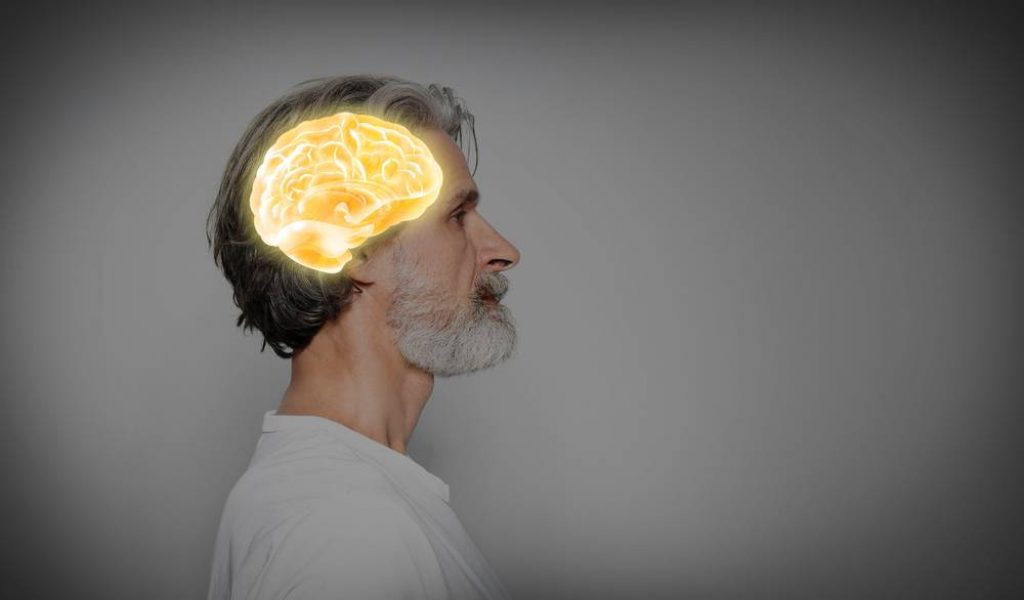
Best Free Neuroscience Online Classes For Seniors
One of the greatest benefits of being a senior is having more time to devote to self growth and fulfillment. For many seniors, this means expanding their horizons through learning about new things or expanding their current knowledge. One such subject of study is Neuroscience – which is the study of the brain.
Related Topics (Sponsored Ads):
Neuroscience is interesting and fascinating just from the basic viewpoint that you will be using your brain to learn how your brain works. This subject focuses on the “physical” components and workings of the brain, rather than on thoughts, feelings and emotions. Its name derives from the word neurons, which are the basic component of the brain. These neurons transmit electrical type of signals from one to the other in the brain. Such transmissions and receptions can be seen by brain scan technology and help scientists to explain how and why our brain works the way it does and in what circumstances.
Neuroscience is not just an “academic” endeavor, it can be used constructively for self help and improvement. This is what makes it attractive to many non-academics, including seniors. Because of modern internet and computer technology, you can now take many courses in neuroscience right in your own home via the internet. Better yet, many of them are free and appropriate for beginning level learners. Plus, many of these courses are offered by some of the best universities. The best of such courses are listed below.

Fundamentals of Neuroscience, Part 1
This introductory course is the first of three, entitled “The Electrical Properties of the Neuron”. It is offered by the renowned Harvard University via the edX online learning platform. It is a self-paced course, designed to take 3 – 5 hours per week for five weeks to complete. In this course you’ll learn how individual neurons use electricity to transmit information. You will digitally build a neuron, piece by piece, using interactive simulations. Students will be able to see the inner workings of a lab on the Harvard campus and learn how to conduct DIY neuroscience experiments on your own.
Fundamentals of Neuroscience, Part 2
Harvard’s second part of their three part introductory course is entitled “Neurons and Networks”. It is also self-paced and designed to be completed in six weeks. In this course, you will examine how neurons pass signals to one another and how complex dynamics can result from just a few neurons arranged in relatively simple circuits. Virtual labs are used that simulate neuron circuitry to investigate the collective behavior of neurons.
Fundamentals of Neuroscience, Part 3
Harvard’s final part of their three part introductory course is entitled “The Brain”. Again, it is self-paced and designed to take eight weeks to complete. This course now turns its attention to the brain as a whole. You will learn how the various subsystems of the brain work together to enable us to survive and thrive in a changing world. Students explore sensation, perception and the physiology of functional regions of the brain.
Biohacking Your Brain's Health
This course is offered by Emory University via the Coursera online learning platform. It contains 14 hours of material; presented over a four week period of time. This is an excellent and very useful course for seniors as it focuses on brain health and functioning. This course introduces you to methods for maximizing your brain’s fitness through nutrition, exercise, meditation, and sleep. Studies from the last few decades revealing practical routines and interventions that are proven to help improve the brain’s health and proper functioning will be examined. A very useful course feature is its weekly offering of tips for improving your brain’s health.
Understanding the Brain
The University of Chicago presents this course via the Coursera online learning platform. It consists of 28 hours of material presented over a 10 week period of time. Students will study functional human neuroanatomy and neuronal communication, and then use this information to understand how we perceive the outside world, move our bodies voluntarily, stay alive, and get along with others.
The Brain and Space
This course is presented by Duke University via the Coursera online learning platform. It consists of 10 hours of material presented over a six week period of time. The focus of this course is how the brain creates our sense of spatial location from a variety of sensory and motor sources, and how this spatial sense in turn shapes our cognitive abilities. Students will examine the brain’s workings to create this sense of space and how the brain’s spatial focus permeates our cognitive abilities, affecting the way we think and remember.




